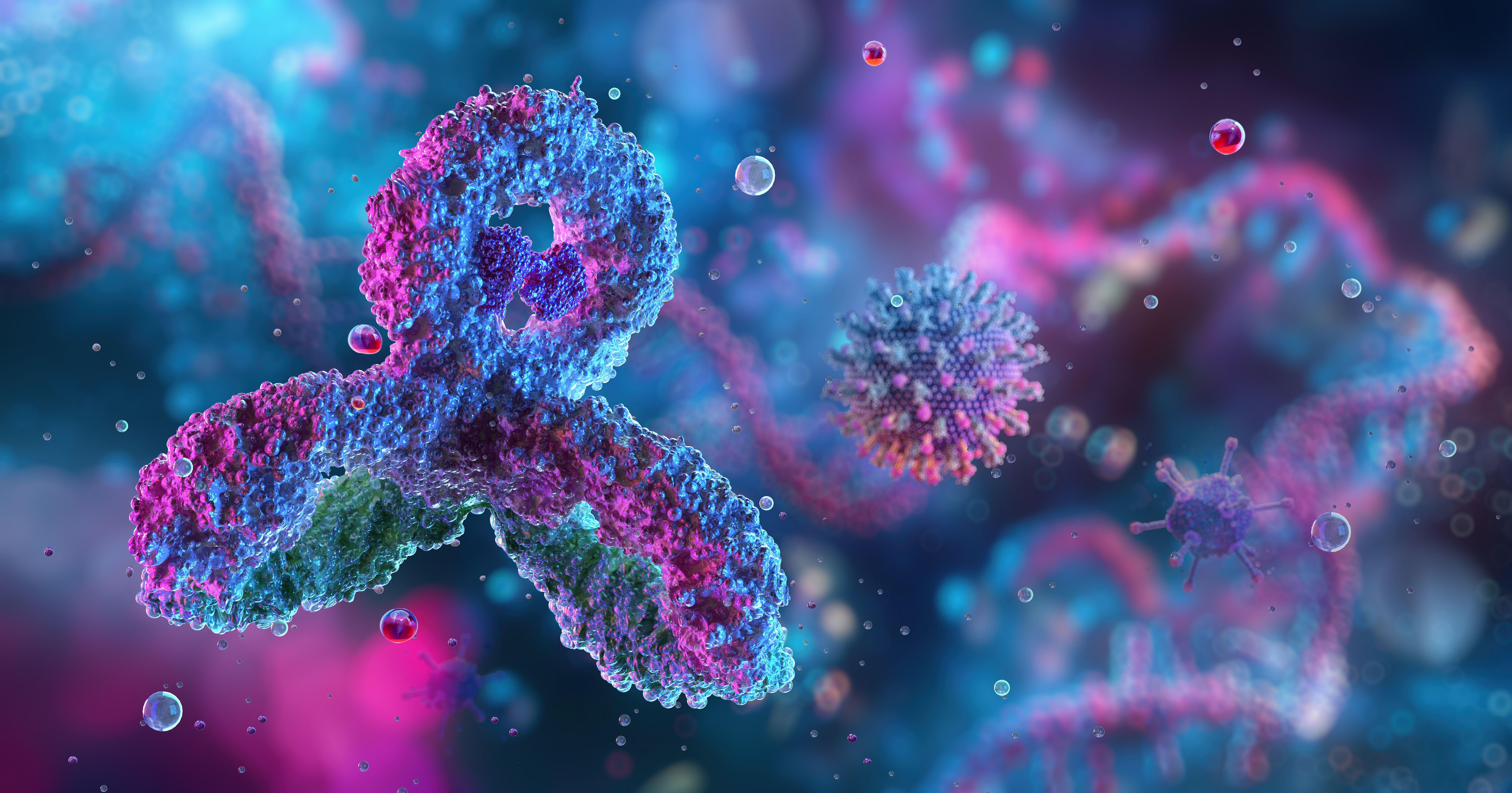Exploring the Benefits of Prime Biome
Understanding Prime Biome
Prime Biome is an innovative concept that emphasizes the importance of maintaining a healthy and balanced microbiome. The microbiome refers to the collection of microorganisms that live in and on our bodies, playing a crucial role in various bodily functions. From digestion to immune system support, a balanced microbiome is essential for overall well-being.

The idea behind Prime Biome is to optimize this ecosystem, ensuring that beneficial bacteria thrive while harmful ones are kept in check. This balance can lead to numerous health benefits, which are increasingly being recognized by scientists and health enthusiasts around the world.
Health Benefits of a Balanced Microbiome
One of the primary benefits of nurturing a Prime Biome is improved digestive health. A well-balanced microbiome helps break down food efficiently, allowing the body to absorb nutrients more effectively. This can lead to better energy levels and overall vitality.
Moreover, a healthy microbiome has been linked to enhanced immune system function. By maintaining a diverse and balanced microbial population, the body is better equipped to fend off infections and diseases. This is particularly important in today's world, where maintaining robust health is a top priority for many.

Mental Health and Mood Regulation
The connection between the gut and brain, often referred to as the gut-brain axis, highlights another significant benefit of a Prime Biome. A healthy microbiome can influence mood regulation and mental health. Studies have shown that individuals with a balanced microbiome are less likely to experience mood disorders such as anxiety and depression.
This is because the gut produces neurotransmitters like serotonin, which play a critical role in mood stabilization. By fostering a healthy microbial environment, individuals may experience better mental clarity and emotional well-being.
Weight Management
Another compelling advantage of maintaining a Prime Biome is its potential impact on weight management. Research suggests that the composition of the gut microbiota can influence weight gain and fat storage. By promoting a balance of beneficial bacteria, individuals may find it easier to maintain a healthy weight.

Additionally, a balanced microbiome can help regulate metabolism, further supporting weight management efforts. This is particularly beneficial for those looking to achieve or maintain a healthy lifestyle without extreme dieting measures.
How to Achieve a Prime Biome
Achieving a Prime Biome requires deliberate lifestyle choices and dietary habits. Incorporating a variety of fiber-rich foods, such as fruits, vegetables, and whole grains, can promote the growth of beneficial bacteria. Fermented foods like yogurt, kefir, and sauerkraut are also excellent for enhancing microbial diversity.
In addition to diet, regular physical activity plays a role in supporting a healthy microbiome. Exercise has been shown to enhance microbial diversity, further contributing to overall health improvements.
Supplements and Probiotics
For those looking to give their microbiome an extra boost, probiotics and prebiotic supplements can be beneficial. Probiotics introduce beneficial bacteria directly into the gut, while prebiotics provide food for these bacteria, helping them thrive.

When choosing supplements, it’s important to opt for high-quality products from reputable sources. Consulting with healthcare professionals can also provide guidance on the best options tailored to individual needs.
Conclusion
Exploring the benefits of Prime Biome reveals how critical a balanced microbiome is for overall health. From enhancing digestion and immune function to supporting mental health and weight management, nurturing this internal ecosystem is key to achieving optimal well-being.
By making informed lifestyle choices and understanding the importance of microbial balance, individuals can take proactive steps towards achieving and maintaining their own Prime Biome.
